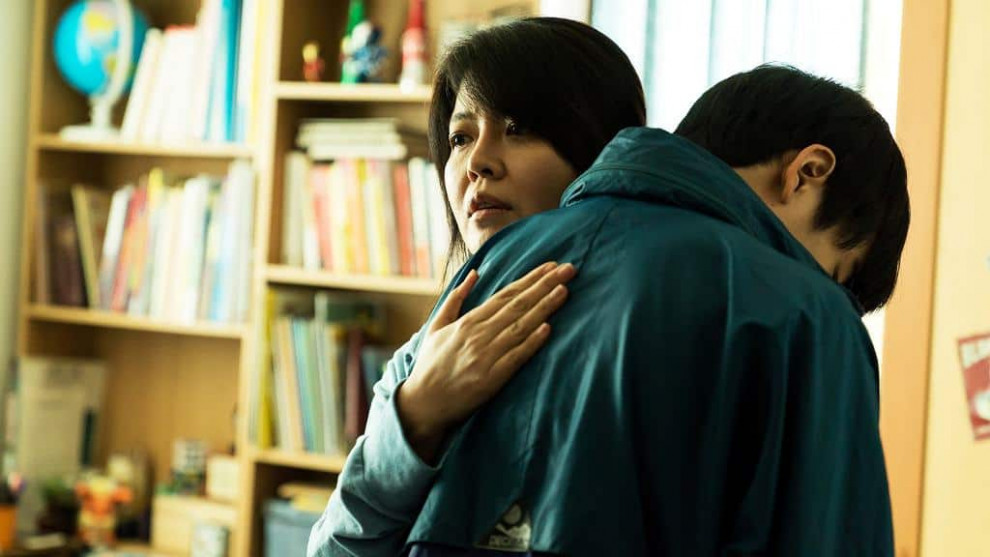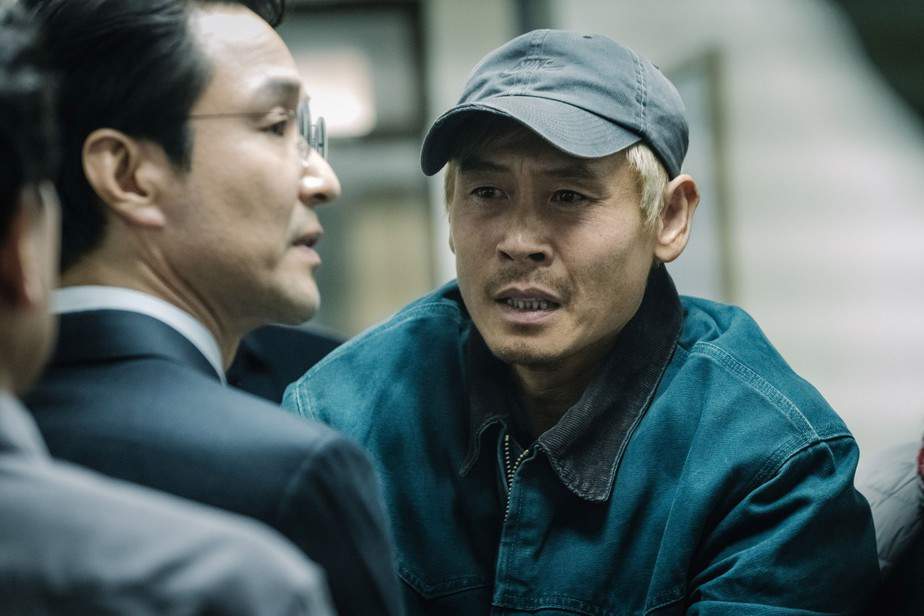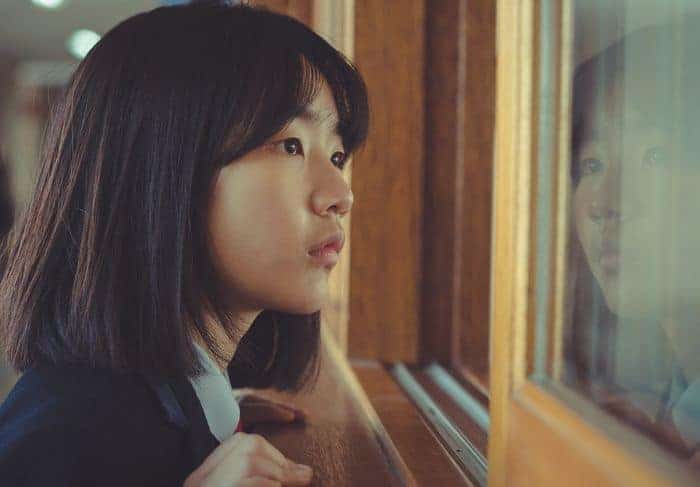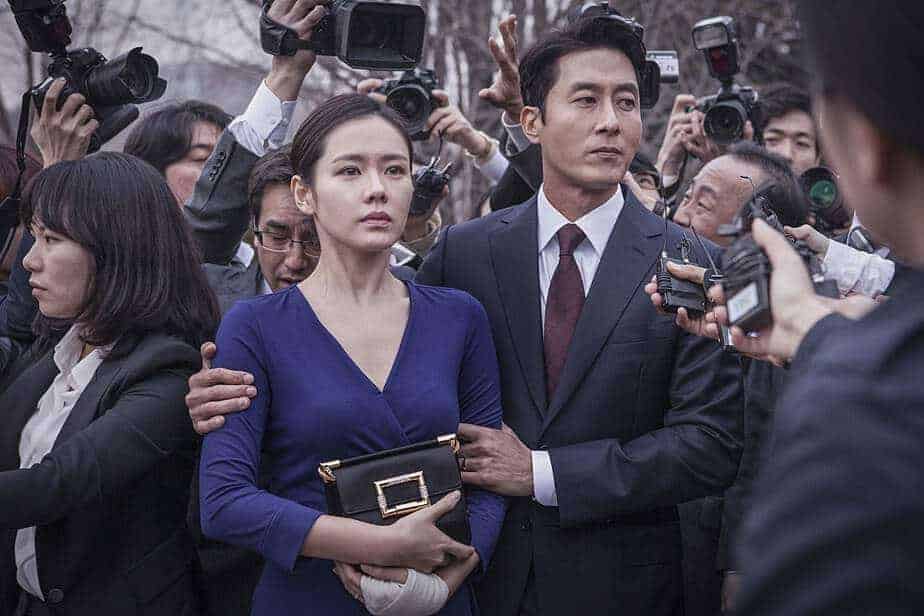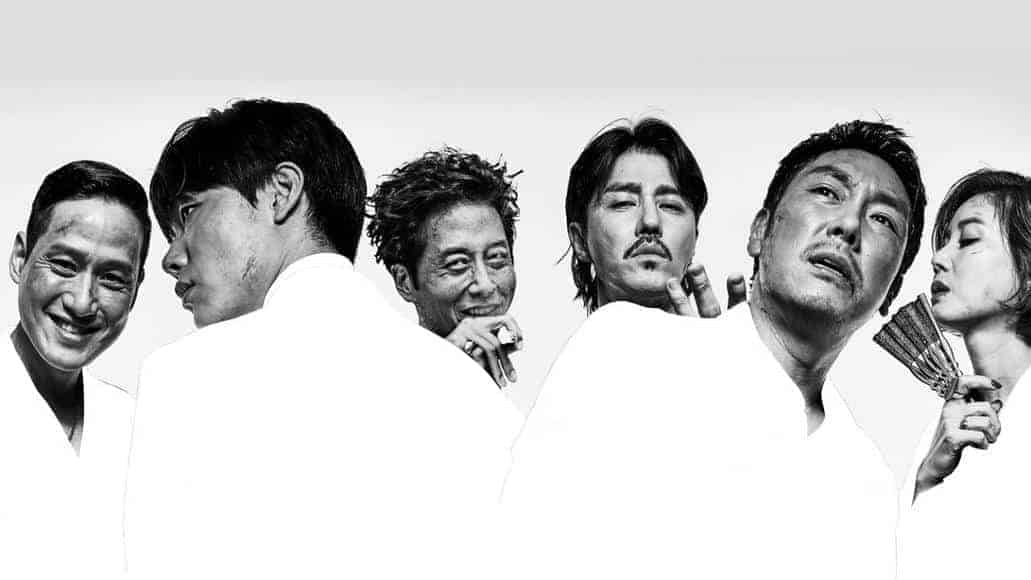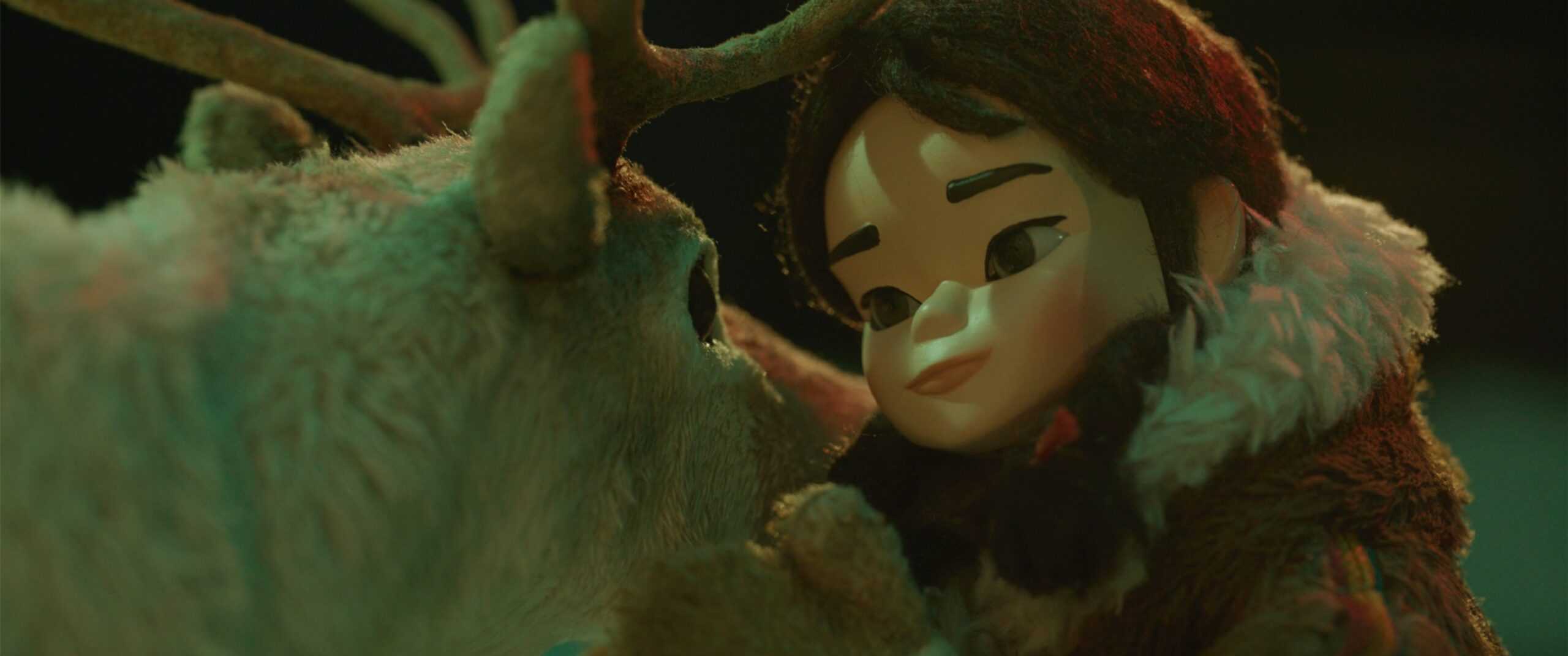Dong-seok Shin's debut feature “Last Child” fits alongside much South Korean cinema in being a gritty, emotionally-charged drama set in an environment of urban alienation. But with this the case, can a novice director bring enough new material to tried and tested formulas to keep the audience interested; or is he last to the party?
Last Child is screening at the BFI London Film Festival

Jin (Moo-seong Choi) and his wife Mi-sook (Yeo-jin Kim) are still mourning their son Eun-chan who died saving the life of his classmate. Jin keeps himself busy with work, while Mi-sook tries to connect with her son's best friend – naturally uneasy around his dead friend's mother. Seeking out the boy whose life Eun-chan saved, Ki-hyun (Yu-bin Seong), Jin finds a boy whose parents have abandoned him at seventeen, working as a delivery boy to pay his rent.
Taking pity on the young man, Jin offers Ki-hyun a chance, bringing him to work at his decorating firm, training him up in the art of wallpapering. But once Mi-sook becomes aware of her husband's protege, Ki-hyun feels awkward, often keeping himself hidden. But, soon coming to terms with the fact that he is not responsible for the death of the hero son, she warms to him and Jin and Mi-sook become surrogate parents to Ki-hyun

The reactions of his former classmates when they see him with the parents of Eun-chan show Ki-hyun probably isn't the innocent victim in all this. Their kindness gradually leads to guilt, resulting in his opening-up to Mi-sook. His revelations spark a need for justice in the grieving parents, alienating themselves from the parents of their son's classmates and his old school itself. Alone, the couple seek escape.
The film starts in good vein, Shin showing a couple together, but divided after the death of their son. Each seeks their own way to find out more about their son's death and what the future holds for them. No longer with child, the pair look for a replacement: either in his best friend or the boy he saved. Theirs is a desire for hope in their desperation.

Shin also manages to inject some humour into the film's first half, with natural building site banter among Ki-hyun's new colleagues, as well as Mi-sook's suggestion that she is still young enough to have a child – though artificial insemination isn't exactly what Jin had in mind; made to glumly stare at pornography while making a trip to the clinic.
But all the joviality aside, there is clearly something under the surface. With the anticipation of a revelation fueling the audience's imagination, “Last Child” is all about pacing. The timing of the revelation, as well as the way it is handled, can make or break the film and so had to be just right.
Here, the timing comes at the right time: not too soon; not too late. However, despite his obvious guilt, Ki-hyun's outpouring feels a little forced, delivered in a manner that undermines his sense of guilt. As such, the scene just doesn't quite have the impact required to carry the remainder of the film. While there is good acting and drama on display, the emotion doesn't naturally transmit to the audience. The final scene sees the couple at a last resort for justice, though the open ending leaves a question as to what genuinely would come next.

However, something else leaves something of a nagging sense that sees “Last Child” not quite hit the right notes. Despite the good direction and acting, there is a sense of the familiar. A father seeking out his dead son's former classmates to uncover the truth about his death is reminiscent of Sung-hyun Yoon's “Bleak Night”; and the final scene by the river somewhat makes one recall Chan-wook Park's “Sympathy for Mr Vengeance”; with the final shot recalling Koji Fukada's “Harmonium”.
“Last Child” is a good drama that shows plenty of promise for Dong-seok Shin's future in feature films, though perhaps needs a little something extra to make it standout from the shadow of its older siblings.


